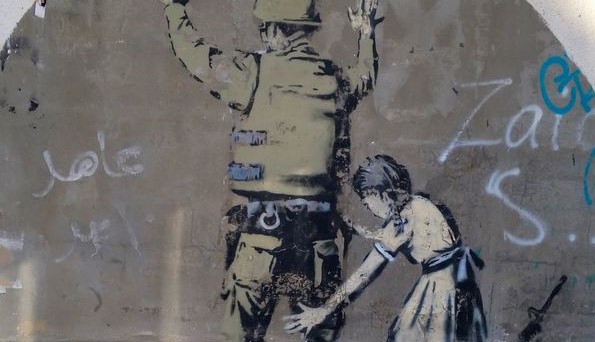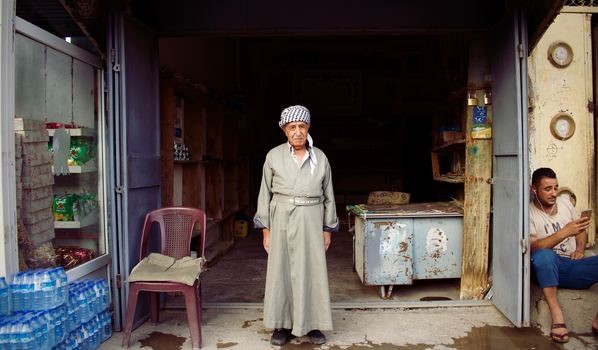Select a country to see some of the opportunities and policy challenges we are tracking across the region.
We are not covering this country at the moment. Get in touch and we will customize a regulatory scan for your needs.
Get In Touch

Case study

We were asked by a client which had secured one of the largest oil and gas concessions in this post-conflict country to improve relations with local communities living nearby the production field. The strategy, which was to be co-developed as a result of community consultations, had to overcome widespread perceptions that the private benefits from oil and gas extraction were not being shared equitably. The situation was made more complex due to various tribal interests which often were in conflict with or unknown to government authorities.

We supported one of the country’s first rapid needs appraisals by an oil and gas company by engaging with stakeholders including federal institutions, municipal councils, social service providers, and civil society to identify community expectations. This assessment exposed limitations in existing corporate social responsibility programs that were not aligned with community needs due to over-centralized decision making by the oil and gas company.

Based on rapid needs we identified in our multi-stakeholder appraisal, 40+ community priorities were identified to more effectively target CSR programs while improving the company’s relationship with local communities. The community consultation exposed the need for decentralized, community-based delivery models so that the client could remain in sync with community needs.

By working with a wide range of stakeholders from federal institutions to civil society groups, we supported the client in developing and validating a $10 million national corporate social responsibility strategy to ensure communities surrounding the country’s largest production field received equitable benefits from extractive wealth. The double-pronged strategy focused on repairing the relationship with communities which the company impacted through its current operations as well as putting into place a framework for future concessions.

The strategy became a reference point for how the national oil companies could successfully work in collaboration with local communities with significant mineral assets and led to the deployment of $10 million in deserving communities in the process of healing from a protracted conflict. In the absence of a strong national mineral policy, the initiative served to reset the company’s relationship with the local community and facilitated national efforts to ensure principles and expectations of fair benefit sharing and inter-generational equity were embedded in future dealings with international oil and gas companies.